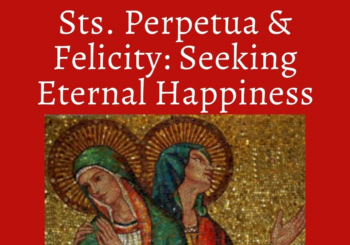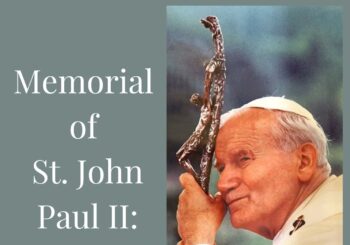
https://youtu.be/_QBFwGPUbBE
Our Gospel reading for this 3rd Sunday in Ordinary Time, highlights one of the central elements for living in relationship with God, freedom. As Tony explains, without freedom, no relationship can be authentic m...
Read More
Read More




